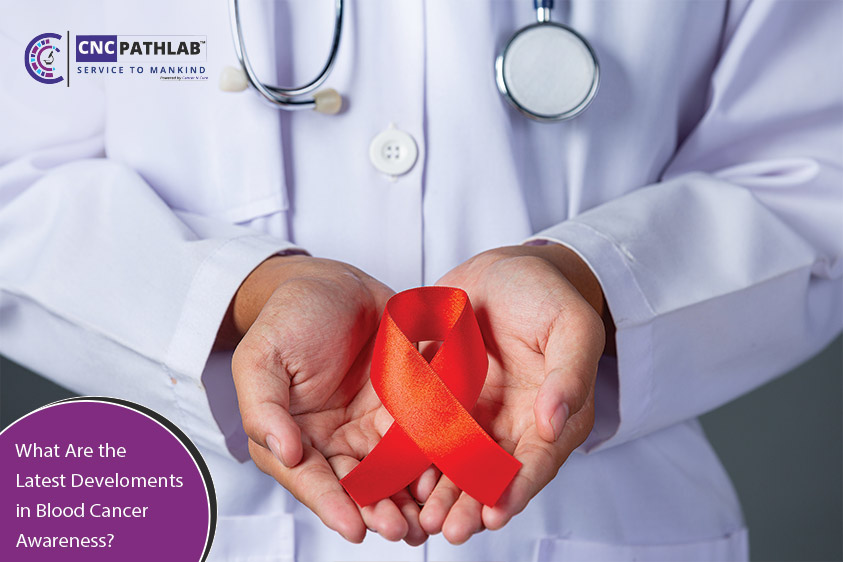Pancreatic diseases: An additional threat to your digestive system
Pancreatitis is defined by irritation and inflammation of the pancreas, which plays an important role in digestion. Upper abdominal pain, nausea, and vomiting are among the symptoms. Pancreatitis can be caused by a variety of factors, the most common of which are gallstones or excessive alcohol consumption. Pancreatitis can flare up suddenly or persist for a long time, causing permanent pancreas damage. The primary goal of treatment is to alleviate pain and meet the affected person's fluid and nutritional requirements.
What is Pancreatitis & Pancreas?
The pancreas is a large leaf-shaped organ in the upper abdomen (behind the stomach) that connects to the start of the small intestine. The pancreatic duct, which drains digestive enzymes into the small intestine, is part of it. The pancreas' primary functions are as follows:
- It produces and secretes digestive enzymes into the small intestine, where they break down proteins, carbohydrates, and fats from food.
- It secretes the hormones insulin and glucagon, which aid in the regulation of blood glucose levels.
Pancreatitis is a serious condition in which your pancreas swells or becomes inflamed. The pancreas is an important part of your digestive process because it aids in food digestion and glucose management through enzyme secretion. Pancreatitis can be acute or chronic, depending on the severity of the symptoms. Tender abdomen, fever, hiccups, vomiting, nausea, sudden weight loss, and an inflamed or bloated stomach are all signs of pancreatitis.
Read also: Essential things to know before scheduling LFT test
Inflammatory molecules and toxins are released by inflamed pancreatic tissue, which can harm the lungs, kidneys, and heart.
Types of Pancreatitis:
There are two types of Pancreatitis that are:
Acute Pancreatitis:
It is a brief period of inflammation. It can range from mild discomfort to a severe, potentially fatal illness. After receiving the proper treatment, most people with acute pancreatitis recover completely. Acute pancreatitis can cause bleeding, serious tissue damage, infection, and cysts in severe cases. Severe pancreatitis can also cause damage to other vital organs like the heart, lungs, and kidneys.
Chronic Pancreatitis:
It is chronic inflammation. It usually occurs after an episode of acute pancreatitis. Another major cause is excessive alcohol consumption over a long period of time. Damage to your pancreas from excessive alcohol consumption may not cause symptoms for many years, but you may suddenly develop severe pancreatitis symptoms.
Symptoms of Pancreatitis
Upper abdominal pain caused by pancreatitis can range from mild to severe. The pain begins or worsens after eating.
Symptoms of acute pancreatitis
- Backache caused by abdominal pain
- Vomiting and nausea
- A tender sensation when touching the abdomen
- High heart rate
- Fever
Symptoms of chronic pancreatitis
Chronic pancreatitis patients may also experience nausea and vomiting. However, the following are the distinguishing symptoms:
- Upper abdominal discomfort
- Pain in the abdomen that worsens after eating
- Rapid weight loss
- Stools with an oily odour
Causes
Pancreatitis occurs when digestive enzymes become activated while still in the pancreas, irritating and inflaming the pancreatic cells.
Damage to the pancreas can occur with repeated bouts of acute pancreatitis, leading to chronic pancreatitis. Scar tissue may form in the pancreas, resulting in function loss. A malfunctioning pancreas can lead to digestive issues and diabetes.
Read also: Understanding the appropriate time to schedule a kidney function test
The following conditions can result in acute pancreatitis:
- Gallstones
- Alcoholism
- Several medications
- High blood triglyceride levels (hypertriglyceridemia)
- Hypercalcemia (high calcium levels in the blood) can be caused by an overactive parathyroid gland (hyperparathyroidism)
- Cancer of the pancreas
- Surgery on the abdomen
- Cystic fibrosis (CF)
- Infection
- An abdominal injury
- Obesity
- Trauma
Risk elements
The following factors increase your risk of pancreatitis:
- Drinking too much alcohol: According to research, heavy alcohol users (those who consume four to five drinks per day) are more likely to develop pancreatitis.
- Smoking cigarettes: When compared to non-smokers, smokers are three times more likely to develop chronic pancreatitis. The good news is that quitting smoking reduces your risk by roughly half.
- Obesity: Obesity increases your chances of developing pancreatitis.
- Diabetes: Diabetes increases your chances of developing pancreatitis.
- Pancreatitis runs in the family: The role of genetics in chronic pancreatitis is becoming more widely recognised. If you have a family member who has the condition, your chances of developing it increase — especially when combined with other risk factors.
Diagnosis
Pancreatitis is diagnosed by performing the following tests:
Blood Test:
Acute pancreatitis causes an increase in the levels of enzymes amylase and/or lipase. These enzymes, however, are not elevated in chronic pancreatitis. Other blood tests to check for infection, anaemia, and liver and kidney function may be recommended.
Imaging tests:
CT (computed tomography) and ultrasound imaging are among the tests used to assess the extent of inflammation, and detect gallstones, and other abnormalities.
Conclusion:
CNC Pathlab Pancreatitis Package allows you to keep track of your health in the best way possible because CNC Pathlab is India's leading health test that provides home service in Delhi/NCR. You can select the Pancreatitis Package from CNC Pathlab or other packages that are better suited to your needs to keep your health in check.


.jpg)


.jpg)
